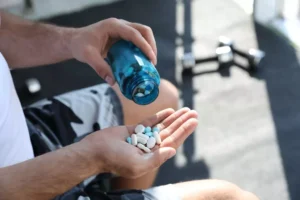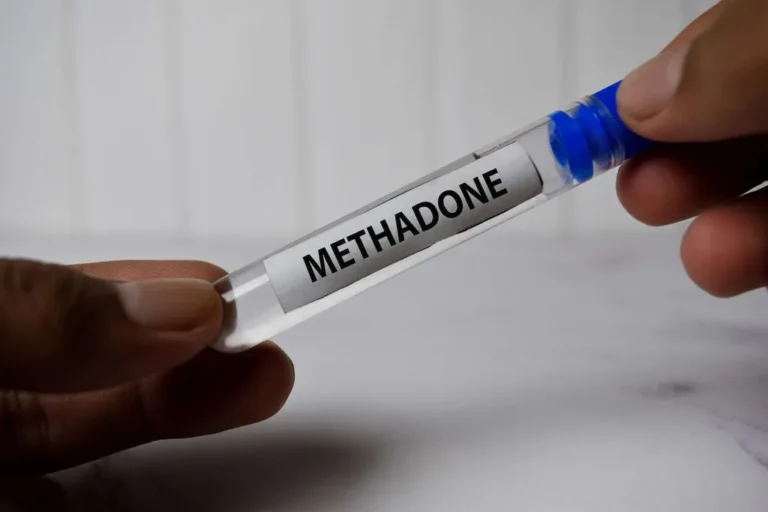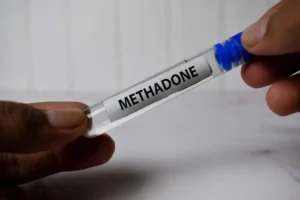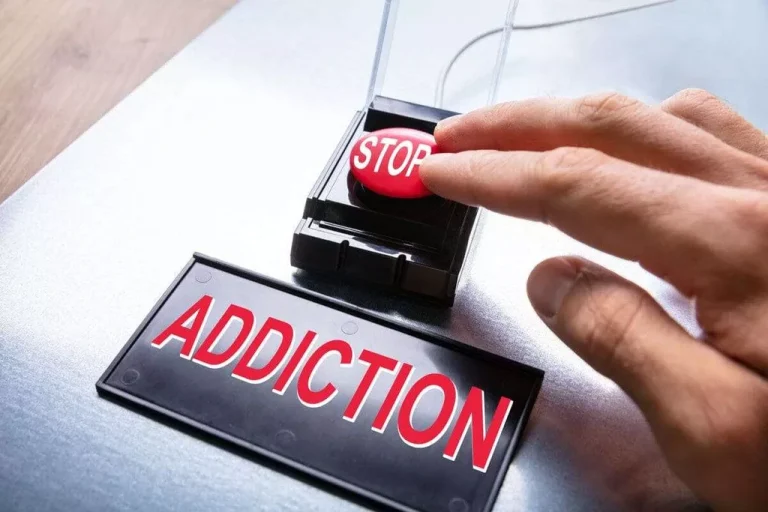
Medical treatment for cocaine detox often involves using medications and various therapies to manage withdrawal symptoms and reduce Drug rehabilitation cravings. Medications like antidepressants can help stabilize mood swings and reduce depression. Behavioral therapies, such as Cognitive Behavioral Therapy (CBT), focus on changing the thought patterns that lead to cocaine use and help develop coping strategies to handle triggers.
How Long Does It Take To Detox From Cocaine?

Breaking cocaine addiction can feel overwhelming, but with the right approach, treatment, and support, lasting recovery is possible. Don’t wait—reach out for professional help today and begin the journey toward healing and renewal. Getting back on track following relapse, or seeking help for the first time after long-term cocaine use, is a tough yet necessary action if genuine sobriety is the goal. Research suggests that cocaine addiction rehab should last at least 90 days to increase the likelihood of maintaining sobriety. As with many substance use disorders, cocaine rehabilitation obstacles can involve multiple challenges. Because a large proportion of people in cocaine recovery suffer from another mental health disorder, the challenges of managing two diagnoses can complicate recovery and make it harder.
About Medical News Today

Whether you are struggling with addiction, mental health or both, our expert team is here to guide you every step of the way. Don’t wait— reach out today to take the first step toward taking control of your life. Work with a medical professional to diagnose your level of dependency to cocaine and create a safe treatment plan that works for you.
Emotional and Psychological Symptoms
People can get through this phase by mindfully ensuring their environment is safe and drug-free. Friends, family, and peers who support your sobriety are invaluable, offering encouragement and accountability as you adjust to life without cocaine. At FHE Health, we’ve helped many people overcome these hurdles and find freedom from crack or cocaine addiction. Managing stress is beneficial for everyone, especially those in recovery from cocaine addiction. With more education, treatment and the right supports, you can manage cocaine recovery challenges and permanently leave cocaine behind. The first steps involve recognizing the need for detox and preparing for withdrawal symptoms.
BEGIN YOUR RECOVERY TODAY!
- CBT can be delivered in various formats, including individual therapy and group sessions.
- Remember, the road to sobriety may be difficult, but a fulfilling, drug and alcohol-free life is within reach with perseverance, dedication, and the right support.
- Individuals can also consider taking multivitamin supplements that contain B-group vitamins and vitamin C.
- However, some medications may be prescribed to manage symptoms like anxiety or depression.
- Mindfulness and relaxation techniques are essential components of CBT for addiction.
- The family plays a crucial role in preventing relapse by providing a supportive environment, encouraging healthy behaviors, and participating in family therapy for cocaine addiction if recommended.
- But abstinence is a high bar comparable to requiring that an antidepressant produce complete remission of depression or that an analgesic completely eliminate pain.
CBT equips individuals with practical coping skills to handle cravings and compulsions. Techniques such as role-playing difficult situations and practicing positive self-talk aim to prepare patients for moments of temptation. This proactive approach enables them to manage their responses to cravings, which are common during withdrawal or stress. The CBT process begins with assessment and engagement, where a therapeutic relationship is developed, allowing the therapist to understand the individual’s unique challenges.
What Happens to Your Body and Mind When You Detox From Cocaine?
Without strong coping mechanisms in place, it’s highly likely recovering cocaine addicts will return to use. Physical and psychological challenges cocaine addiction treatment also present themselves when someone is in recovery from long-term cocaine use. On the physical side, crack cocaine tends to be more addictive than cocaine.
Getting support for cocaine detox
And even if you attempt to stop, the withdrawal symptoms can be intense and challenging to manage. Addiction treatment can help you quit the drug safely and arm you with the tools and resources you need in recovery. Nobody wants to go through painful or uncomfortable withdrawal when overcoming cocaine addiction. Even those who have previously gone through cocaine addiction treatment and think they can detox on their own can find themselves unable to withstand the often overwhelming withdrawal symptoms. Inpatient programs offer a controlled environment, which helps in avoiding substance use disorder triggers.


Without proper mental health treatment, individuals may relapse to self-medicate with cocaine when their psychiatric symptoms become overwhelming. Objective assessment of use reduction for illicit substances presents a greater difficulty given variability and uncertainty of the composition and purity of illicit drugs purchased. This challenge may account for part of the reluctance of the pharmaceutical industry to invest in developing new medications aimed at reducing drug use.

Other ways healthcare professionals may manage symptoms of withdrawal include, encouraging a person can drink plenty of water to replace lost fluids from diarrhea and sweat. Individuals can also consider taking multivitamin supplements that contain B-group vitamins and vitamin C. Cocaine is a central nervous stimulant that some people use recreationally.
Cocaine addiction is a psychological and physical dependence that compels the individual to use cocaine. Cocaine addiction can cause families emotional trauma, financial distress, and a range of complications that require professional help to heal. People often attempt to detox from cocaine at home and ride out the withdrawal symptoms. However, cocaine causes intense cravings during withdrawal, which is one of many people’s main barriers to long-term recovery. A person detoxing alone will usually have more difficulty managing these cravings. Although symptoms of cocaine withdrawal may not be as intense as what one feels when quitting other drugs and alcohol, they can be severe, even leading to fatal conditions if not properly treated.

